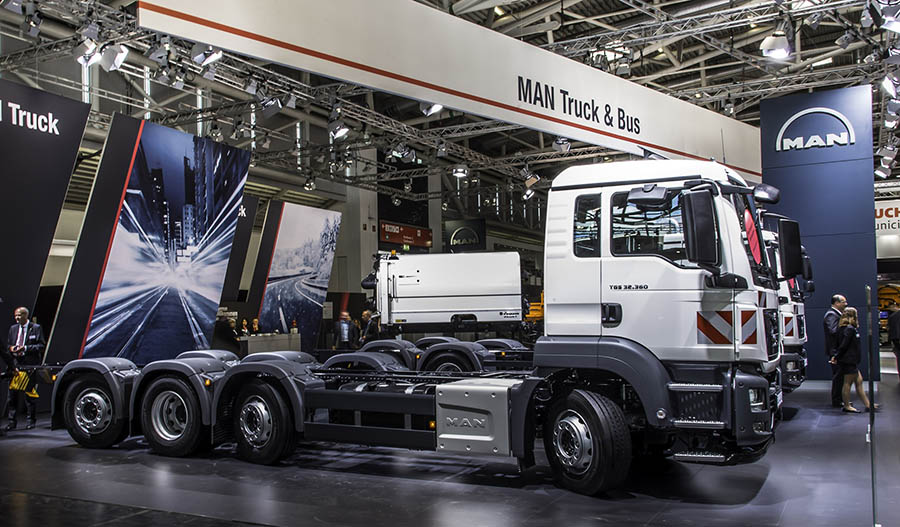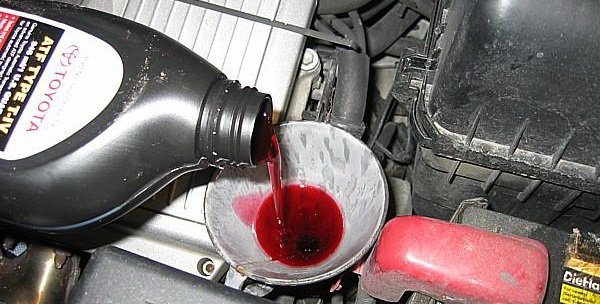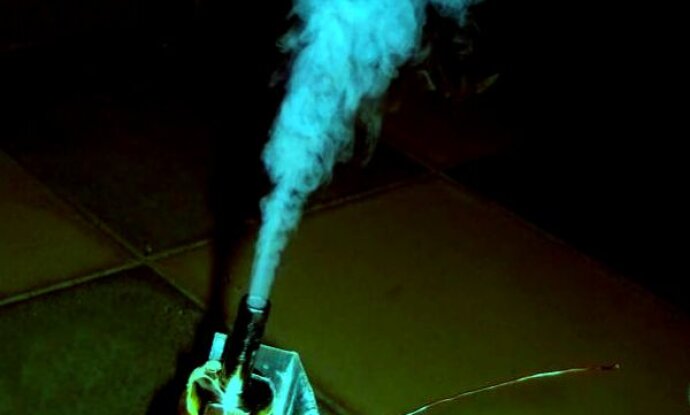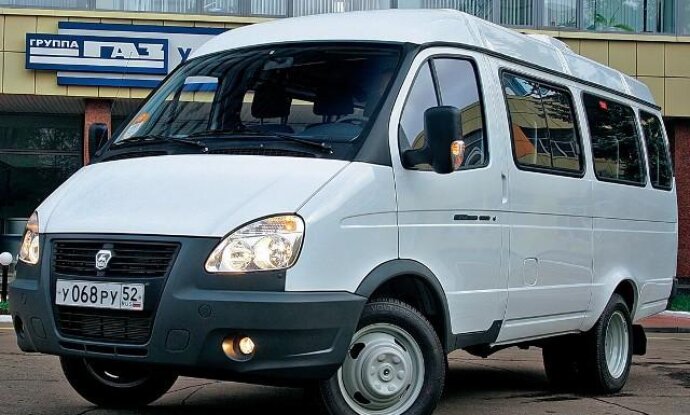
The job cuts at the VW subsidiary MAN will be more massive than expected: The truck and bus manufacturer wants to cut up to 9,500 jobs in Germany and Austria and thus save billions. A profit improvement of 1.8 billion euros should be achieved by 2023, and in the medium term the return should increase to eight percent. The Munich subsidiary from the commercial vehicle holding Traton announced on Friday.
Jobs are to be cut in all areas, and the managers want to relocate production and development to other locations. The production site in Steyr, Austria, and the plants in Plauen (Saxony) and Wittlich (Rhineland-Palatinate) could be closed completely.
Major job cuts have been under discussion at MAN for a long time because the group’s costs were too high even before the corona crisis. The Handelsblatt (German newspaper) had already reported plans according to which up to 6,000 jobs should be cut. The savings plan that has now become public goes well beyond that.
MAN has been going below plan for years. In addition to the weak sales, the parent company Volkswagen complained above all the weak return. Even in good times, there was little more than a three percent return at MAN. The sister company Scania, with which MAN is connected via the Traton holding company, makes three to four times as much return. Even the employees on the supervisory board complained about the inflated administration and double structures in development and production. Even before the corona crisis, the company was threatened to slip into the red.
The pandemic is now making the situation worse: global truck sales are likely to collapse by 14 percent this year. This is the result of an industry analysis by the international management consultancy Bain & Company. In Europe, Bain expects a minus of 30 percent.
“After the crisis management, the truck manufacturers need a comprehensive action plan in view of the lower sales figures expected for the next few years,” emphasized Bain partner Karl Strempel. At the same time, it is important to strengthen competitiveness – by investing in the digitization of company processes and digital services for everything to do with trucks.
Maybe the last chance for the renovation
The pressure on Munich has grown over the past few months. After all, with Volkswagen and Audi, the car subsidiaries had already cut over 30,000 jobs. There had been a heated dispute between the former VW commercial vehicle board member and Traton boss Andreas Renschler and the employee side about the procedure. Renschler had to vacate his positions at VW at the beginning of July, Traton and MAN got new bosses.
For the conversion, MAN estimates costs in the middle to upper three-digit million range. Negotiations with the employee representatives are now to be started as soon as possible. They have been aware of the dramatic situation for a long time: on the MAN Supervisory Board, employee representatives recently spoke of an “urgent need for action”. At the end of August, the works councils of MAN and Volkswagen met for a top-level meeting with Gunnar Killian, Member of the Board of Management for Human Resources, in order to coordinate the big picture.
In corporate circles there is talk of a liberation. MAN, which was only completely taken over by Volkswagen a few years ago, now has another – perhaps last chance – to reorganize under the umbrella of the VW Group. Like all VW brands, MAN should also gear its drives to batteries and fuel cells.
However, the company should be able to bear the billions in investments in the long term. The new beginning should also succeed internationally. On Thursday Traton increased the takeover offer for the US manufacturer Navistar. The truck holding company now wants to pay a total of 3.6 billion euros for the truck manufacturer, in which it already has a 16.8 percent stake.
Navistar is to be developed into a leading manufacturer of commercial vehicles in the USA with engine technology from MAN and Scania. If the maneuver succeeds, Traton, like its competitors Daimler and Volvo, would be much more independent of the European commercial vehicle market.






